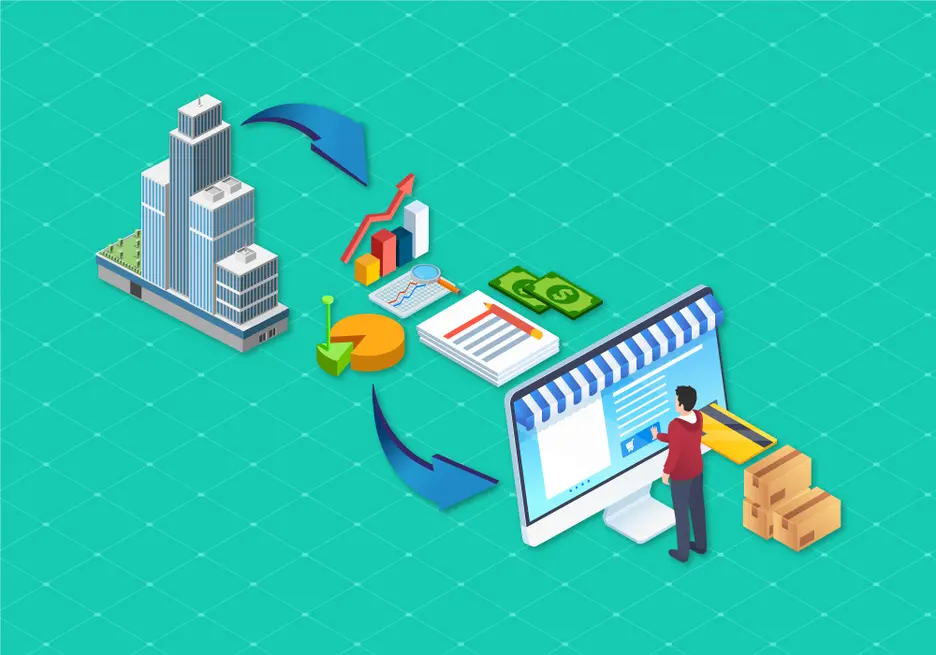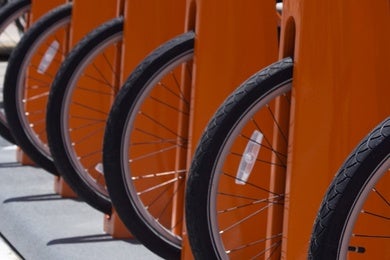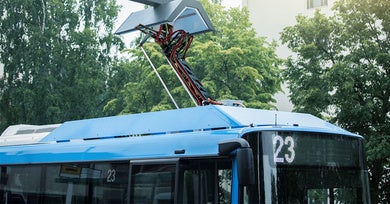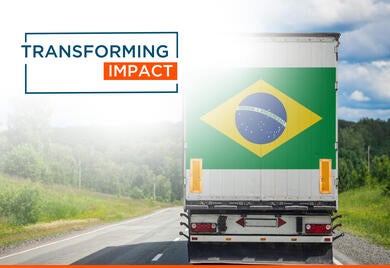TechFins, MSMEs and ecommerce are reshaping the economic development of the LAC region

The digital transformation of financial services has added new players to the financial system in recent years ‒mainly FinTech and TechFin companies‒, offering disruptive alternatives to overcome persistent restrictions on financial inclusion in Latin America and the Caribbean.
In November 2018, IDB Invest committed an investment of US $ 50 million in local currency in an FIDC (Credit Receivables Investment Fund) created by MercadoCrédito, Latin-based MercadoLibre’s TechFin platform for facilitating financing to micro, small and medium-sized companies (MiPymes) in Brazil.
The importance of MSMEs
MSMEs are a fundamental part of a dynamic and healthy economy. Their increase and growth increase competition and strengthen the entrepreneurial ecosystem, positively and significantly impacting innovation and aggregate productivity.
These days, MSMEs constitute around 90% of the companies in a typical Latin America and the Caribbean country, and they employ most of the workforce (close to 70%). They also tend to create a large portion of new jobs: despite having a high mortality, the net effect tends to be positive.
However, MSMEs in the region have a low level of credit access when compared to their peers in developed countries or other emerging economies, or even in regard to large companies in the same sector and country.
What are TechFin companies?
TechFins‒a term coined in 2016 by the founder of Alibaba, Jack Ma‒are companies with technological origin which, in order to gain leverage and supplement their offer of products and services have begun to develop different financial products.
Examples of these companies are Google, Apple, Facebook and Amazon in the United States (known collectively as GAFA); Baidu, Alibaba and Tencent in China (known as BAT), and more recently, MercadoLibre in Latin America, which has already added savings and credit products to its usual MercadoPago virtual wallet.
Same as the well-known Fintechs, TechFin companies use their technological base to develop tailored and targeted solutions that tend to solve more efficiently or to reduce traditional restrictions on access to financing that MSMEs have.
Among the main constraints are information asymmetries, the lack of customized products and the high transaction costs involved in the processes of traditional financial institutions.
Impact on the financial system
TechFins are leveraged in the technological developments of their main operations to optimize user experience, improve credit assessment methods, minimize delinquency and fraud rates and significantly reduce unit costs per transaction. They use the enormous flow of information and fingerprint of their clients to offer tailor-made products through data capture, automated credit evaluation and continuous computerized learning.
This allows them to offer credit to companies‒in particular, MSMEs that otherwise would not have been able to access traditional loans because of their scale and lack of credit history. This way, the growth of TechFins as MercadoCredit can generate four main socioeconomic impacts related to the development of the financial system:
- Greater financial inclusion and access to credit for MSMEs: MercadoCrédito’s loans easily reach entrepreneurs and small entrepreneurs throughout the country, something very difficult to achieve with a traditional system;
- Efficiency improvements in the financial sector: all processes are automatic and online, avoiding unnecessary displacements and the fixed costs associated with a physical distribution.
- Innovation in financial products and services: the development of the platforms, as well as the credit assessment tools, incorporate the latest technological advances and adjusts continuously, incorporating user's experience. This allows innovation in products and services tailored to customers; and
- Promotion of competition in the financial sector: the disruption of TechFin not only generates competition in regions where there few alternatives were available, but also stimulates in general the implementation of appropriate technological solutions by traditional financial institutions
TechFins and e-commerce
Since its first foray into payment methods, the main motivation for TechFins was to strengthen the ecosystem to leverage its online activities.The expansion of the financial structure promoted by TechFins such as MercadoCrédito and MercadoPago contributes to the growth of digital commerce by MSMEs, in particular B2C (Business-to-Consumer) and B2B (Business-to-Business).
The growth of digital commerce, on the other hand, has broad socioeconomic benefits. In the case of companies, it allows to reduce costs and to increase productivity, while promoting innovation and competition. It saves time and effort for consumers, provides easy access to information and a greater variety of products and services, while generating well-being, especially in towns far away from large cities.
Finally, in terms of the supply chain, the impact of digital commerce is significant, not only for the transport and logistics sectors, but also for the design of cities and, in general, the management of the supply and distribution chain.■
LEARN HOW IDB INVEST CAN OFFER YOU SOLUTIONS HERE.
LIKE WHAT YOU JUST READ?
Subscribe to our mailing list to stay informed on the latest IDB Invest news, blog posts, upcoming events, and to learn more about specific areas of interest.
Subscribe


